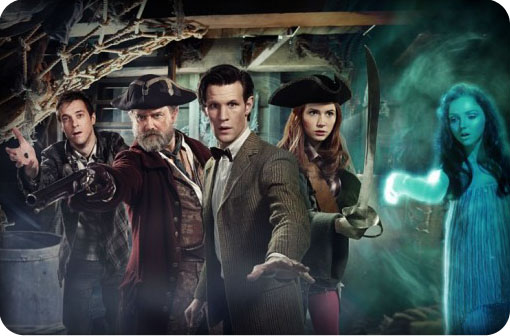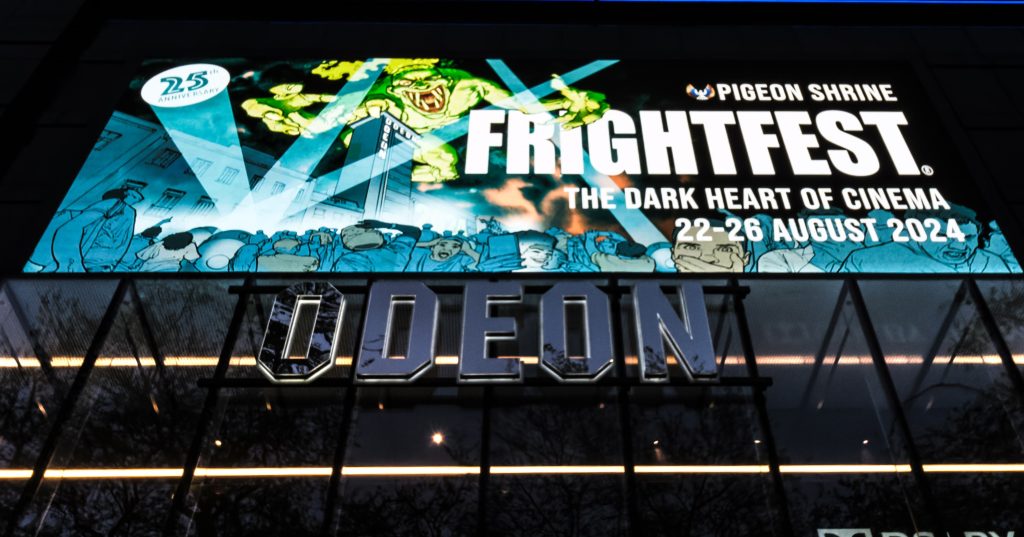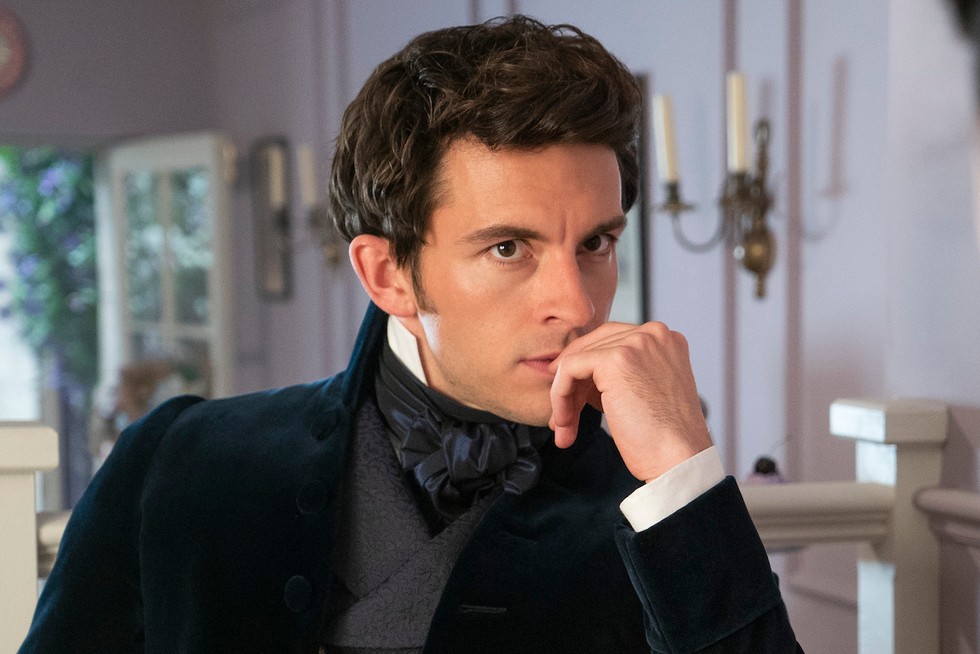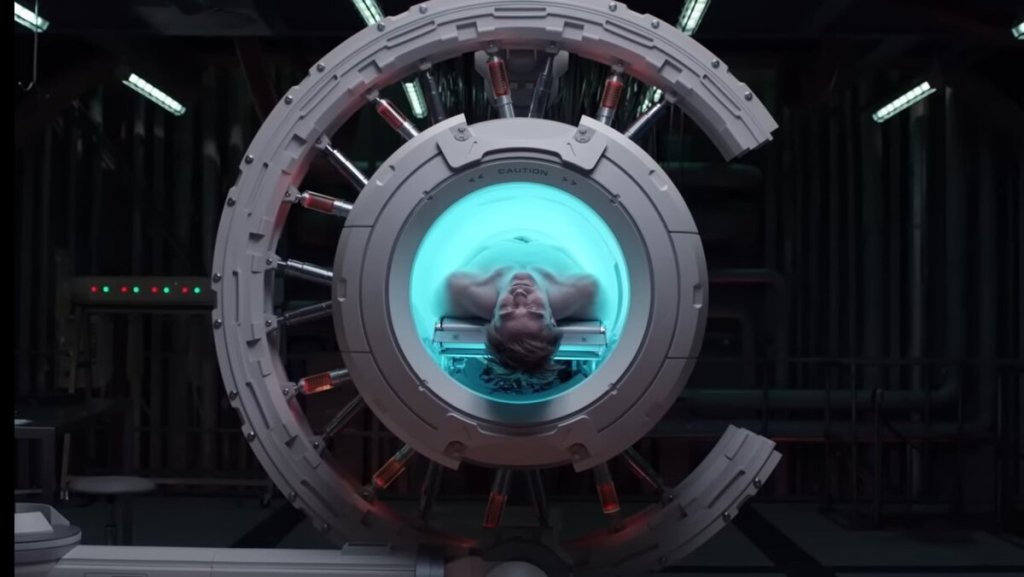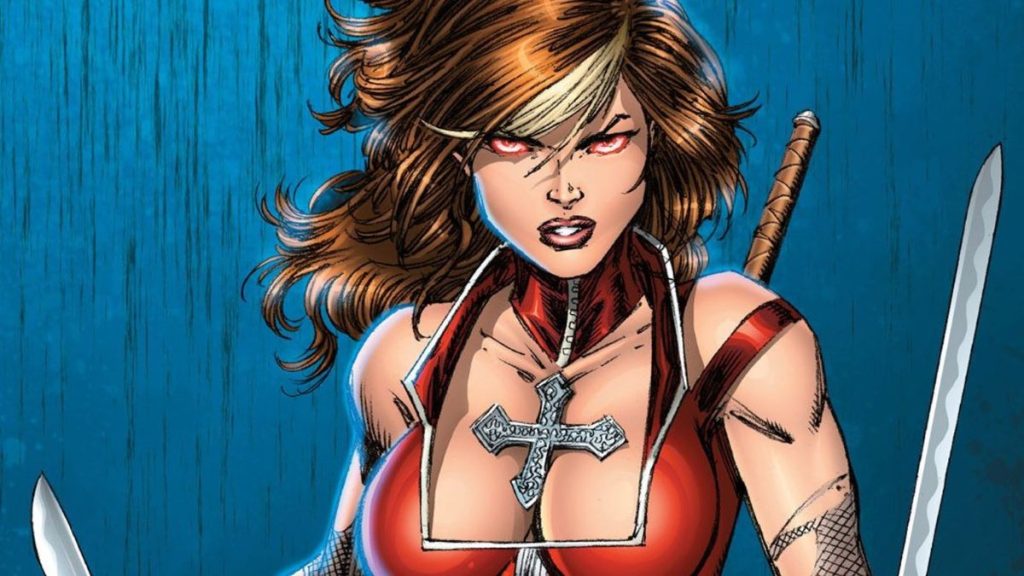
The Curse of the Black Spot
There are some Doctor Who stories that you enjoy far more than you actually like them, and sometimes it’s the other way around. The opening two-parter, for instance, was a hugely enjoyable experience, even if it left me a little underwhelmed in the satisfaction department. This week’s adventure fell into the latter category.
Back in the 1960s, the historical stories were created to offer something of a perspective on a famous figure or incident, or otherwise connect a young audience with a particular place or time. Before they disappeared, however, another kind of story emerged, one which dispensed with historical accuracy almost altogether and instead told tales of swashbuckling fictional characters engaging in derring-do. The Smugglers is the archetype of this kind of Doctor Who; the Doctor and his companions fetch up in a fictionalised Cornish village populated by pirates and militia men, and find themselves on the hunt for buried treasure.
As the series evolved, the idea of the pseudo-historical emerged, replacing the old historical stories entirely; the pseudo-historical saw science fiction elements overlaid onto an adventure set in the Earth’s past, occasionally demonstrating an alien influence on established events. And since the series’ return in 2005, the episodes set in the Earth’s past have by and large been concerned with generally well-known historical figures, and have usually presented an alien threat in a manner that could be mistaken for a common domestic myth, such as Charles Dickens being haunted by alien ‘ghosts’.
The Curse of the Black Spot is another very definite example of this, although it almost straddles two spheres, in that although its principal guest character, Captain Henry Avery, is very much a real historical figure (and some of the concerns the script deals with are taken from real life), in truth he’s simply been chosen as the subject of the story in order to facilitate ‘Dr. Who & the Pirates’ (with a faux Siren thrown in for good measure).
It’s a risky venture, straying into Pirates of the Caribbean territory, given how popular and current those films are, and naming your Doctor Who script so closely after the first of those films might be seen as a way of heading off criticism – or it might be seen as tempting it. In truth, Doctor Who was never going to compete with the scale and the thrills of the Disney franchise, and so it doesn’t even try.
We begin our story, then, with a bare handful of pirates aboard a ship that’s becalmed at sea, and it’s an idea so classically Doctor Who it almost works perfectly; you could have imagined just such a scenario in Season Five, for instance, a small band of humans cut off from the rest of the world and being picked off, one by one, by something alien. Into the mix come the Doctor and company, and the plot instantly picks up as within moments the time travelers come under suspicion, the Doctor is forced to walk the plank, Amy – cutlass in hand – comes to the rescue, Rory is marked for death and the Siren – our monster of the week – makes her first appearance.
Pause for breath.
This is where the only real problem emerges, though; Steve Thompson – alumni of Steven Moffat’s Sherlock – betrays his mainly theatrical writing background: he never quite seems to strike the right balance between character, dialogue and action, and after a rattling opening sequence, things do seem to settle down just a little too much; in fact, in order to maintain some kinetics during the long period in which the cast are effectively locked away below decks, there’s a rather odd “Let me show you my time-ship” sequence, and so much running from one wooden room to another, we could almost be enjoying a French farce.
That’s only a minor criticism, though, because the rest of the teleplay is absolutely fantastic. The central idea, of the Siren in fact being a computer-generated ‘doctor’ flittering between alternative universes and collecting patients, is a great success, allowing as it does for a happy (albeit bittersweet) ending for the crew, and a pretty shocking sequence in which Avery’s young son – not to mention Rory, again! – appears, against all expectations, to be among the victims. Lily Cole is suitably otherworldly as the Siren, and there’s some thoroughly entertaining CGI every time she gets ‘angry’. The sequence on the alternative ship is all very Star Trek, and not in a bad way, and even draws comparison with the way in which old Doctor Who (especially The Stones of Blood, with its hyperspace justice systems) would frequently set up a mise-en-scène only to decamp to somewhere else, entirely alien, midway through a story.
The story’s real coup, though, is the casting of Hugh Bonneville as Avery. Bonneville (an avowed fan of the series, it seems) gives just as brilliant a performance as you would expect, although considerably less hammy than you might have anticipated, and between he and Steve Thompson manage to create a character you can empathise with out of what could have been, essentially, a villain. Karen Gillan’s renaissance continues as Amy Pond – last year’s noisiness seems worlds away – and (even if we know what the outcome must surely be, and even if we’ve pretty much been here before too many times to mention) the scene towards the end as Rory lies dying is strong stuff.
The 45-minute formula usually requires a few too many leaps of faith for complete suspension of disbelief (the amount of sonicking generally being one such), and the quantity of forgiveness required in order to make those leaps is generally an indicator of how good a script is. In the case of The Curse of the Black Spot (the ‘black spot’ being an indication of an impending deposal in Treasure Island), disbelief is all too easily surrendered. For sure, there are quibbles (and in a strange case of a sequence going missing, one of the pirates seems to get mislaid altogether, only to return right at the very end), but when the story’s this good-natured and this involving, they are easily forgiven. It mightn’t be the greatest piece of television you’ll ever see (and there’s every chance it will finish bottom or thereabouts of the various season polls this year), but The Curse of the Black Spot is a terrifically diverting and light-hearted stopover between the more ‘important’ stories of the series, and all it really needs is a Girl in the Fireplace-style pullback from the space-“ship” at the end to reveal the name ‘Dutchman’, and its charm would be complete.

The Doctor’s Wife
The idea is preposterous, of course: downloading the consciousness of the TARDIS into a human body. The execution, on the other hand, is poetic: here, for one time and one time only, the Doctor gets an opportunity to actually interact with the machine he has been running with these last several centuries. And the result is perfect: The Doctor’s Wife is Doctor Who at its most outlandish and engaging.
Neil Gaiman’s episode has been perhaps the most highly anticipated of the last five years, give or take the odd regeneration or returning character. And a good part of that anticipation surrounded the character of Idris; someone from the Doctor’s past? Romana maybe, still trapped in the bubble universe of E-Space? Gaiman plays with our expectations from the off (and references past adventures like no other writer since the 1980s), while simultaneously betraying his mystery in the pre-titles sequence. Here we see exactly what happens to Idris, and how she becomes what she is; but at the same time, the Doctor’s excitement at the possibility of discovering fellow surviving Time Lords is palpable enough that we get caught up in it – and pray for a successful outcome, while forgetting what we already know. The moment the Doctor discovers just what’s been happening to the other members of his species is heartbreaking and head-spinning.
This is Neil Gaiman leading Doctor Who into the land of the fairytale (and the quintessential example of the promise that Steven Moffat made to us when he took over the reins of the show last series), and is the most heavily reliant episode since Blink upon its audience accepting the twists and turns of the story as internally logical, even if they’re for the large part inherently nonsensical. It’s testament to Gaiman’s success that we don’t even stop to question them, don’t even recognise the leaps of faith we’re being asked to make, that sets this episode apart. Disbelief has never been surrendered so easily or so undiscerningly.
The beauty of it is in its ambiguity: every poke at the past raises questions about what we think we know, without ever once disabusing us of our beliefs. The issue of whether or not the TARDIS is really alive is something that fans have been pondering for decades, and yet here it is never answered further than to state that she is alive while she is living as Idris, and afterwards – save for that one tiny, beautiful moment when she sets sail for the Eye of Orion without the Doctor’s intervention – all bets are back off again. For sure, she might have been sentient – the sequence in which Idris and the Doctor argue about who stole who is perhaps the most unlikely and yet rewarding conversation ever committed to a television screen – but Neil Gaiman’s answers to the questions he himself is posing are all absolutely reliant upon what we want them to be. Like the machines in the Terminator films, the TARDIS decided that a functional life was not enough; unlike those machines, she has been content to do good and remain quietly in the background – maybe the biggest question is just who has saved the universe time and time again over the years: the Doctor? Or was it the TARDIS, who chose where to put him?
I love that they called this episode The Doctor’s Wife, and yet never felt the need to make it explicit what that title means. The word “Wife” is never even heard on screen. There might have been a query over calling an episode that just when the River Song story arc appears to be approaching its critical stage, but then this episode was intended to go out in the slot taken by The Lodger last year. The Doctor’s Wife would then have sat next to Richard Curtis’ Vincent and the Doctor in the running order, and two such special episodes might have spoiled one another by such proximity.
In fact, Gaiman’s story is the exact confluence between Russell T Davies’ character-led dramas and Steven Moffat’s Doctor Who of ideas; witness the Patchwork People, a notion straight out of a bizarre Brothers Grimm story, yet brought to life with the care and attention Davies bestowed upon even the most minor of parts. And the realisation of what they are is just as chilling as the realisation of where the Time Lords have gone; even though both mysteries play out exactly as we unwittingly expect them to, they still elicit a shiver in the moment of their revealing. They’re a fantastically off the wall creation, these living raggedy dolls, straight out of a child’s imagination: Gaiman gets exactly what Doctor Who is for and what it’s capable of with one easy brush-stroke. Forget about the A-plot; the sub-plot – the story of House and his minions – is easily absorbing enough to have shouldered the episode by itself.
Indeed, The Doctor’s Wife might have worked better either as a two-parter, in which some of the more side-lined ideas might have been opened out and explored more fully, or else as a companion-light episode, because as good as Arthur Darvill and Karen Gillan are in this episode (Oh my God! They really did do the ‘They killed Rory!’ thing again – I’m beginning to suspect this is either an over-involved inside joke, or else a deliberate ploy that will pay dividends later in the year), and as nice as it is to finally see a little more of what’s inside the TARDIS (David Tennant’s console room, archived and ready for action – and an awful lot of corridors), much of the running around is a little beside the point.
Michael Sheen. Do I need to finish that sentence?
This will be an episode to savour, a story that will improve with age (and in the wisdom that as much as it changes everything – in terms of the Doctor’s relationship with his machine – it has actually changed nothing at all, simply revealed the truth that he and she and we all knew already), because as much as Gaiman’s story is weird and wonderful and funny and frightening in equal and perfectly drawn up measures, it gets to the absolute heart, nay the soul, of what the programme is about and what’s so brilliant about it. The Doctor’s Wife is a snapshot illustration of everything that’s ever been brilliant and everything that it’s ever been possible to achieve with this decades-old television show we all love so much. And he’s given it to us as a gift that we can cherish until the last television set blinks out of existence. It’s right there in Idris’ reply to the Doctor’s assertion that it was he who stole her from Gallifrey (it was she who stole him), and in their exchange regarding the piloting of the machine: “You didn’t always take me where I wanted to go,” says the Doctor. “No, but I always took you where you needed to go.” Right there, Gaiman shows just how much he gets Doctor Who, and just how much Doctor Who gets back from him.
Please, let this not be his only script for the series.
The Doctor’s Wife is easily the best episode of Steven Moffat’s tenancy, perhaps the best since Doctor Who’s return: it’s as preposterous as Journey’s End or The U
nicorn and the Wasp, as poetic as Love & Monsters or The Girl in the Fireplace, and as perfect as Midnight or Blink. And in its fusion of these elements, it maybe even eclipses them all.
The fact that it arrived on Eurovision night, and on the same evening as Starburst itself returned from the grave, made for an especially memorable day in this particular household: May the 14th be with you!


